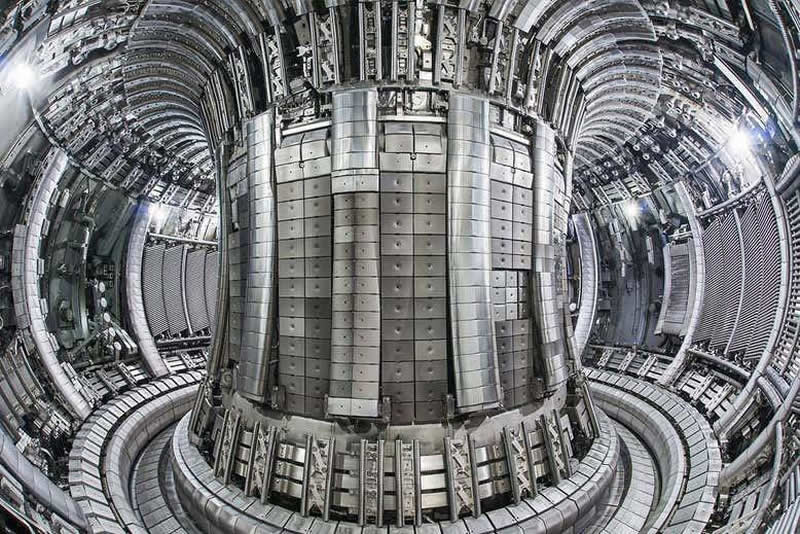Understanding the promise and peril of fusion power: Chimera or climate panacea?

This is a re-post from Yale Climate Connections by Philip Warburg
In the scramble to stave off climate change, scientists are exploring every possible source of energy that does not rely on fossil fuels. Fusion is one such resource. How close are we to being able to rely on this technology?
In December 2021, the Joint European Torus (JET) reactor in Oxfordshire, UK, produced 59 megajoules of energy during a five-second period. This burst of energy – enough to boil about 60 kettles of water – was the “absolute maximum” JET could create, according to the project’s lead scientist.
One month later, China’s EAST (Experimental Advanced Superconducting Tokamak) sustained a fusion reaction at 158 million degrees Fahrenheit for more than 17 minutes – ten times longer than its prior record of 101 seconds. That earlier experiment had operated at an …